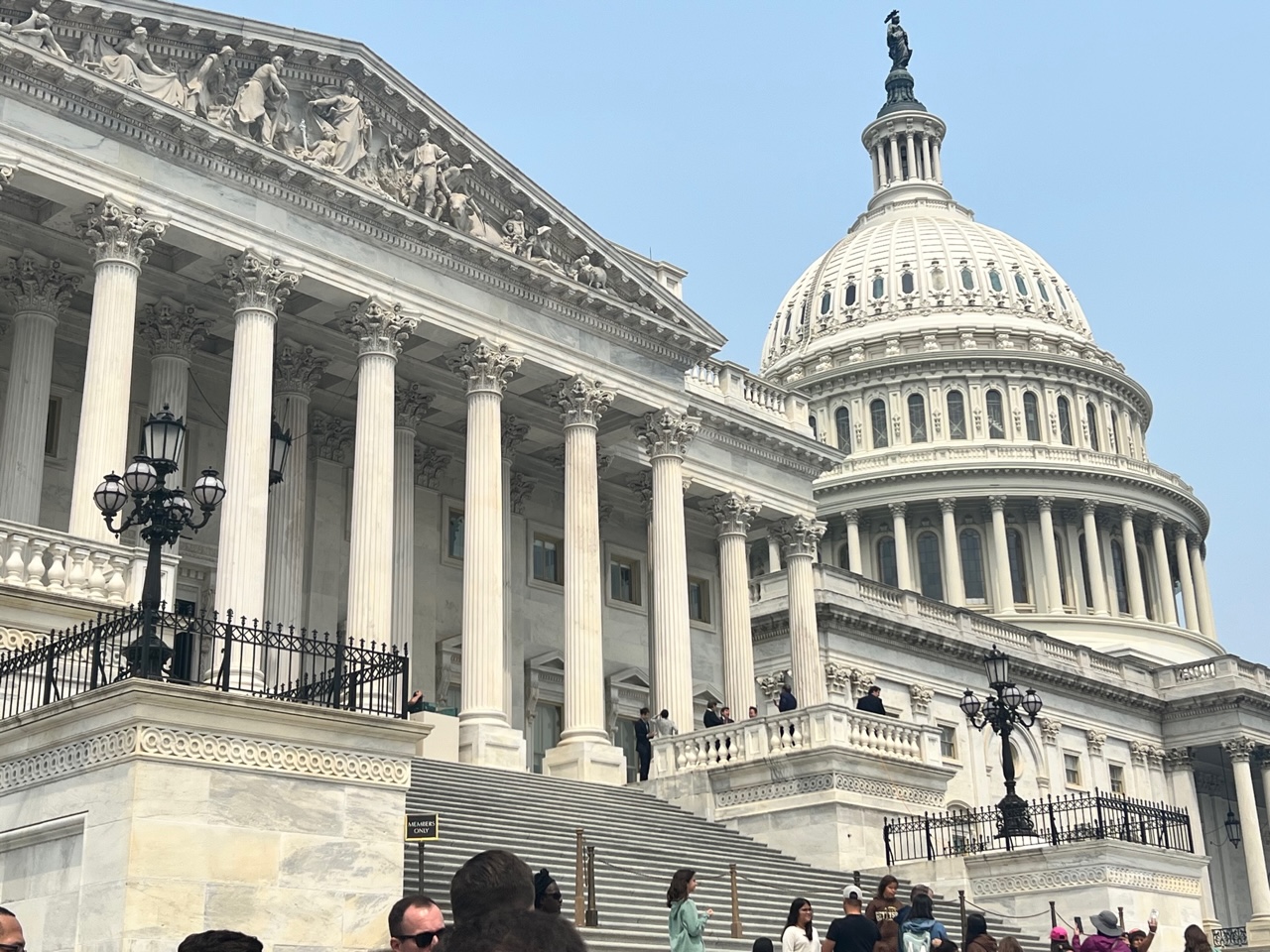President Biden’s March 7 State of the Union (SOTU) speech teed up a raft of issues important to NAIFA members and their clients. These are issues that will shape the pre-November election campaigns and the Congressional agenda for both 2024 and 2025.
The SOTU speech kick-started the Biden campaign for reelection to the presidency. In addition to big-picture issues like border security, climate, aid to Ukraine and Israel, and reproductive rights, the speech raised important tax issues, all of which were fleshed out in the Administration’s fiscal year (FY) 2025 budget. The budget proposal was submitted to Congress on March 11. The tax issues include:
- A promise not to raise taxes on individuals earning less than $400,000.
- A call to raise the corporate tax rate from 21 percent to 28 percent.
- A proposal to raise the alternative minimum tax (AMT) on $1+ billion corporations from 15 percent to 21 percent.
- A provision to deny a tax deduction for compensation in excess of $1 million—currently, the cap on deductible compensation is limited to the top-paid executives in a corporation. This proposal would expand the cap on deductible compensation to include compensation paid to everyone earning more than $1 million.
- A 25 percent minimum tax on billionaires. As described in the President’s FY 2025 budget proposal, this provision would include gains on capital assets (whether or not those gains are realized), as well as ordinary income. It would apply to taxpayers with wealth over $100 million.
Another issue of considerable importance to NAIFA members is the Biden “war on junk fees.” In the March 7 SOTU speech, he renewed his determination to eliminate “junk fees” but significantly left out of his list of such fees those charged by financial advisors. However, he did include financial advice in his budget proposal’s comments on his “war on junk fees.”
President Biden also called for enactment of the PRO Act—legislation that would codify a raft of pro-union provisions, including one that would make most workers employees rather than independent contractors. This worker classification issue could be settled by the Department of Labor’s (DOL’s) now-final rule on what constitutes an employee, but the old version—that could have resulted in many financial advisors being reclassified as employees—still remains in the PRO Act and would have to be excised should the PRO Act again start to move through the legislative process.
Another issue area President Biden highlighted in his SOTU speech included a call for a federal paid leave program. The paid leave program would be administered by the Social Security Administration and would provide up to 12 weeks of paid family, sick, and safe leave per year. He also called for an unspecified increase in the federal minimum wage.
Many of these proposals are retreads from past SOTU speeches, although some are new (e.g., a proposal to create new tax credits for first-time home buyers). And most of them will likely get discussion, especially on the campaign trail, but will await legislative action (or rejection) until 2025.
In 2025, all the 2017 individual and estate tax cut provisions (which are now the law) expire at the end of the year. As a result, there will be intense debate—and action—by year-end next year on which provisions to extend (or make permanent), as well as on new provisions. This year’s debates will be largely political and mostly unlikely to result in enacted law—but they will set the stage for the serious tax activity in 2025.
Prospects: Which (if any) of these tax provisions will be on the table in 2025 will be influenced by the outcome of the November elections. Whether 2025 will bring President Biden or President Trump in the White House and whether the House and Senate will be controlled by Democrats or Republicans will determine the scope and shape of the tax debate. But the debate itself is inevitable and some kind of significant and substantial tax legislation is virtually certain in 2025. The rest of 2024 will see potentially impacted industries and interest groups—including NAIFA—preparing and positioning for the legislative process in 2025.
NAIFA Staff Contacts: Diane Boyle – Senior Vice President – Government Relations, at dboyle@naifa.org; or Jayne Fitzgerald – Director – Government Relations, at jfitzgerald@naifa.org.






.png?width=600&height=90&name=Support%20IFAPAC%20%20(600%20%C3%97%2090%20px).png)
